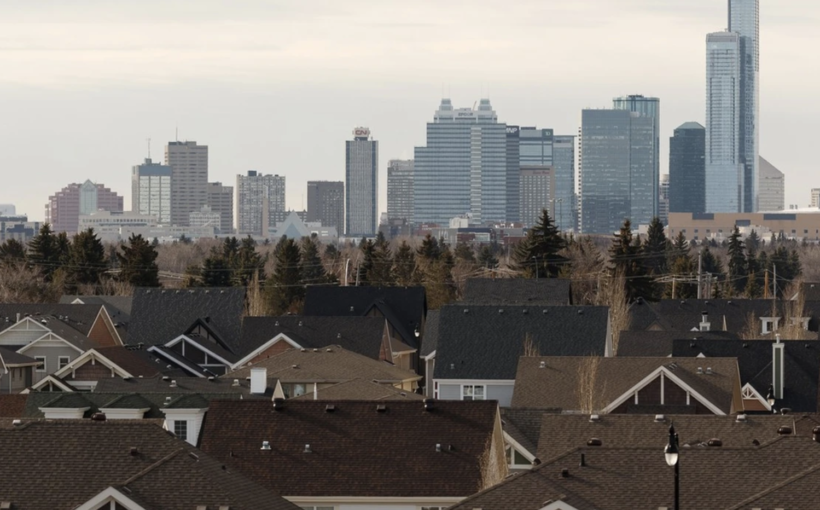
The head of a union representing more than 6,000 employees, including those who work for the City of Edmonton, said there is a lack of accountability when it comes to the city’s projected $73.8-million deficit.
Lanny Chudyk, president of Civic Service Union 52, has been fighting for wage increases for his members. He said the past five years have taken a toll on employees who work for the city and hearing of such a large deficit, which is largely due to salary settlements, is frustrating.
“Part of the problem here is there appears to be no accountability in this whole organization and I can say that starting from the mayor down, we have had significant problems in construction contracts over the years. If people were working in a private corporation, somebody would have lost the job. We have a council that’s supposed to have accountability and oversight of the operation in the city,” said Chudyk.
City administration projected a year-end deficit of $73.8 million, equivalent to 2.6 per cent of the overall tax-supported budget, meaning the city will have to dip into its reserves. Staff attributed the large deficit to “external factors” and said $43 million is currently due to salary settlements, and a large portion is from back pay to Edmonton police officers.
In early July, members of the union rallied together to push the city to unfreeze their wages after five years without any increases. CSU 52 members at the City of Edmonton, including 911 dispatchers, office workers and librarians, have had wages frozen since 2018 and have been without a contract since 2020.
Joe Childs, director of labour relations at CSU 52, said a fair deal for their members would not be contributing to the city’s deficit, since they currently do not have a deal on the table. He said the city has “committed” to moving members from 33.75 hours weekly to either 36.9 or 40 hours.
Childs said “bad language” in the collective agreement creates two different pay grades for the same amount of work. He said employees working 40 hours per week will be making 2.5 per cent less per hour than they did in 2018 and the 36.9-hour workers will be making 0.1% per hour less than they did in 2018.
“The city is asking for a rollback during these inflationary times. That’s our big issue. We’re saying the membership shouldn’t have to subsidize the citizens of Edmonton by accepting a less than appropriate economic increase,” said Childs.
— With files from Lauren Boothby



